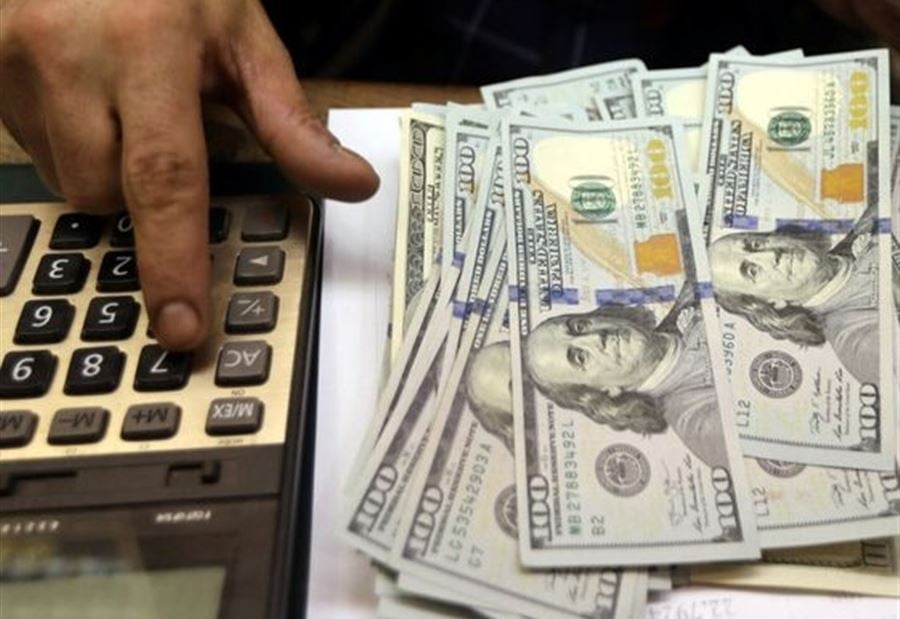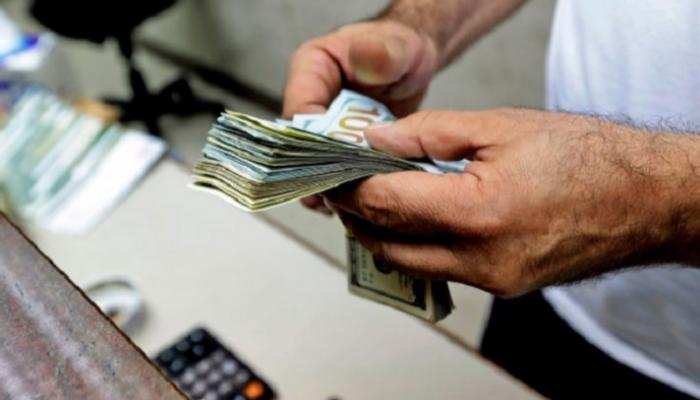“مخاطر تفلت سعر الدولار في ظل التصعيد الحربي”
صرّح الخبير الاقتصادي أنطوان فرح في مقابلة مع “ليبانون ديبايت” بأن التصعيد الحاد الذي شهدته الحرب بعد اغتيال الأمين العام لحزب الله، السيد حسن نصر الله، ألقى بظلاله الثقيلة على الاقتصاد اللبناني بشكل مباشر وسريع.
وأشار فرح إلى أن الاقتصاد اللبناني كان يتأثر تدريجيًا خلال الأشهر الماضية بسبب الحرب، التي كانت تقتصر على الجنوب فقط. لكن مع التصعيد الأخير، شمل الجمود معظم القطاعات الاقتصادية، باستثناء قطاعي المواد الغذائية والمحروقات اللذين حافظا على حركتهما بدرجة ما.
قدّر بعض الخبراء أن نسبة الجمود وصلت إلى 90-95%، ما يعني أن العديد من المؤسسات توقفت شبه كليًا عن العمل، وأصبحت تعاني من تكاليف تشغيلية تفوق قدرتها على الاستمرار. هذه المؤسسات قد تجد نفسها مجبرة على تخفيض رواتب الموظفين أو تقليص عددهم، وفي بعض الحالات قد تضطر لإغلاق أبوابها نهائيًا.
وأضاف فرح أنه في حال استمرار الحرب لفترة أطول، قد يشهد الاقتصاد موجة من الإفلاسات بسبب عدم قدرة المؤسسات على الصمود، فضلًا عن توقف البنوك عن تقديم القروض، ما يجعل المؤسسات عاجزة عن تمويل أنشطتها.
وأوضح أن تفاقم هذا الوضع قد يؤدي إلى ارتفاع معدلات البطالة بشكل كبير، مما يؤثر على مستوى دخل الأفراد ويؤدي إلى تراجع في الاستهلاك، ما يدخل الاقتصاد في دوامة ركود خطيرة. هذه الحالة ستنعكس بشكل سلبي على إيرادات الدولة، التي تعتمد على الحركة الاقتصادية لجمع الضرائب والرسوم.
وفي سياق متصل، أكد فرح أن انخفاض إيرادات الدولة سيشكل تحديًا كبيرًا أمام الحكومة في دفع رواتب موظفي القطاع العام، لاسيما في ظل توقف النشاط الاقتصادي. وطرح تساؤلات حول كيفية تمويل الدولة لنفقاتها ورواتبها في ظل هذا الوضع الصعب.
وأشار إلى أن أحد الخيارات قد يكون طباعة المزيد من العملة اللبنانية، وهو ما قد يؤدي إلى انهيار إضافي في سعر الصرف. أما الخيار الآخر فيتمثل في سحب الدولارات من احتياطي مصرف لبنان، وهو أمر يحمل مخاطرة أكبر، نظرًا لأن هذه السحوبات ستؤثر على حقوق المودعين بشكل مباشر.
المصدر: ليبانون ديبايت
“The Risk of Dollar Surge Amid Escalating War”
In an interview with “Lebanon Debate,” economic expert Antoine Farah emphasized that the recent escalation in the war following the assassination of Hezbollah’s Secretary-General, Sayyed Hassan Nasrallah, has had a swift and direct impact on Lebanon's economic situation.
Farah explained that the Lebanese economy had been gradually affected by the war, which was mostly confined to the southern region. However, the latest escalation has resulted in a near-total economic standstill across most sectors, except for the food and fuel sectors, which managed to maintain some level of activity.
Some estimates suggest that the economic paralysis has reached between 90-95%, meaning that many businesses are now almost completely shut down, grappling with operational costs that threaten their survival. These businesses may soon resort to salary cuts, staff reductions, or, in some cases, permanent closure.
Farah added that if the war continues, more companies might declare bankruptcy due to their financial inability to stay afloat, particularly with banks halting loans, leaving businesses without financing options.
He highlighted that this situation could lead to a sharp rise in unemployment rates, reducing household incomes and consequently leading to decreased consumption, further deepening the economic recession. This downward spiral would directly affect the government’s revenues, which rely on economic activity for tax collection.
In this context, Farah noted that the government’s shrinking revenues will create a major challenge in covering public sector salaries, especially in light of the economic downturn. He raised concerns about how the state will finance its expenses and salaries during this period of uncertainty.
One possibility, Farah suggested, is that the government might resort to printing more Lebanese pounds, which could trigger another collapse in the exchange rate. Alternatively, the state could start withdrawing dollars from the Central Bank’s reserves, which would pose an even greater risk as such withdrawals would directly impact depositors' rights.
Translated by economycsopes team
 سكوبات عالمية إقتصادية – EconomyScopes إجعل موقعنا خيارك ومصدرك الأنسب للأخبار الإقتصادية المحلية والعربية والعالمية على أنواعها بالإضافة الى نشر مجموعة لا بأس بها من فرص العمل في لبنان والشرق الأوسط والعالم
سكوبات عالمية إقتصادية – EconomyScopes إجعل موقعنا خيارك ومصدرك الأنسب للأخبار الإقتصادية المحلية والعربية والعالمية على أنواعها بالإضافة الى نشر مجموعة لا بأس بها من فرص العمل في لبنان والشرق الأوسط والعالم




